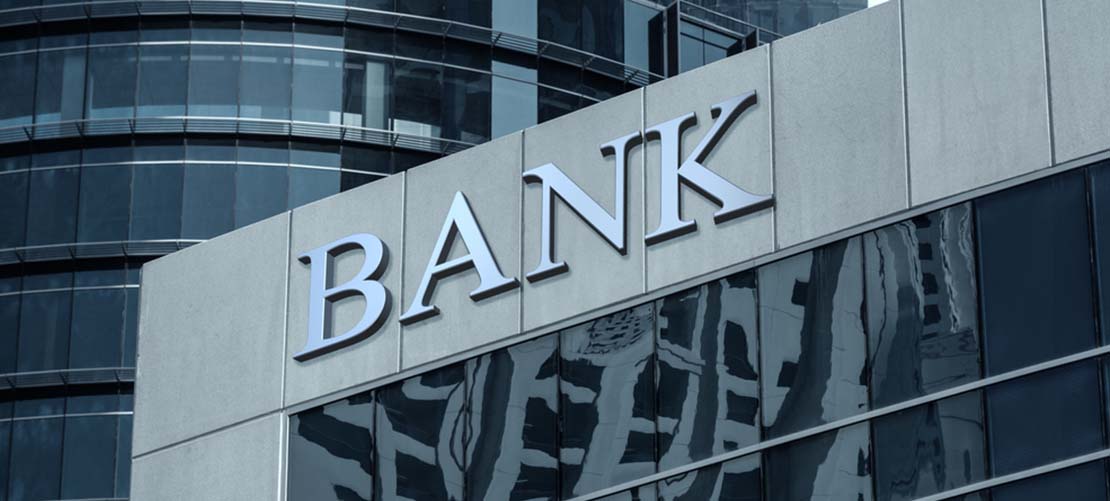Philipp v Barclays: the careful calibration of the Quincecare duty

The scope of the Quincecare duty has been under the spotlight recently. In Philipp v Barclays Bank UK Plc1, the Court of Appeal held that the doctrine applies whenever a bank is put "on inquiry" that complying with a customer's instruction (even from an individual account holder) might help facilitate fraud. Key questions for banks to consider now are: 1) in what circumstances is a bank put "on inquiry"; and 2) what steps should a bank take to verify whether complying with the instruction would facilitate a fraud or not?
Background
In Philipp v Barclays Bank plc2, Mrs Philipp (a music teacher) and her husband Dr Philipp (a retired public health physician) were defrauded by a number of individuals who persuaded them to part with a significant proportion of their personal savings via a sophisticated authorised push payment "APP" fraud. With the prospect of recovery from the fraudsters unlikely, Mrs Philipp sued the bank claiming it had breached its Quincecare duty by not refraining from executing her order to transfer the funds. At first instance, the High Court granted summary judgment in favour of Barclays because it held that the duty was limited to situations where payment instructions are not properly authorised, i.e. they are made by a customer’s agent in an attempt to misappropriate funds.
However, the Court of Appeal overturned that decision and held that the Quincecare duty as developed by authority was not limited to circumstances where the bank was instructed by the customer's agent. The duty arises in any case where a bank is put on inquiry.
When is a bank on inquiry?
The extent to which Barclays Bank in this case had been put on inquiry will be a matter for the trial judge. However, the contrast between the analysis of the High Court and that of the Court of Appeal highlights the complexity of the question. At first instance, the court rejected the suggestion that the size of the sum transferred and / or the fact it was an international payment to a first-time payee were potential grounds for suspicion. It held this would involve attributing the bank with "a degree of foresight" of risk which Mrs Philipp herself did not accept at the time. Banks could not be expected to carry out "urgent detective work" or to act as guardians of the commercial wisdom of their customers' decisions. Such an obligation would be "unduly burdensome".
The Court of Appeal, however, disagreed with this analysis. It considered that factors which might lead to a bank being on inquiry included the size of the sum being transferred and the fact that the payee was a petroleum company in the UAE. It also suggested that Mrs Philipp's account history was relevant and the fact that she was attending a branch which was not her own and seeking to move money which had only been recently transferred into her account.
The Court of Appeal was also not troubled by the contention that applying the Quincecare duty in relation to individual account holders would be unduly burdensome. It placed reliance on the expert evidence that in 2018 (the relevant time of the transactions), a voluntary code of practice was already in existence and that banks would be able to differentiate between, for example, the circumstances of this case and the many millions of low value BACS transfers where they would not be put on inquiry. The argument that if the duty applied in Mrs Philipp's case then it would apply across the board, was dismissed as irrelevant.
What steps should banks take when on inquiry?
On appeal, the court held that the duty of care and the standard of care in these kinds of cases were so intertwined that it was not easy to examine one without the other, and that analysis could only properly be undertaken at trial. However, the Court of Appeal outlined that the sort of steps a bank might be required to take would be delaying the requested payment and making further inquiries.
In this particular case, it is difficult to assess what the outcome of those further inquiries would have been. Mrs Philipp and Dr Philipp were so completely taken in by the fraudsters that they told false stories to the bank about the purpose of the transfer and believed that visits by the police warning them of the fraud were actually part of a deception which the fraudsters were protecting them from.
The tension between a bank's primary duty to execute its customers instructions and the duty not to carry out those instructions when on notice of a potential fraud would therefore have been particularly high in this scenario as Mrs Philipp (on the fraudster's instructions) sought to make the transfer as quickly as possible.
Since 2018, banks' policies in relation to APP fraud and the kind of inquiries that must be made have developed. In particular, the industry-wide CRM code now applies specifically to reimburse victims of APP fraud. However, the decision is still a significant one because it may open the way for further Quincecare claims based on any alleged breach of relevant policies. In such claims, banks will need to disclose not only relevant policies from the time but records relating to how decisions on compliance with those policies were taken.
The future of Quincecare
The outcome of any eventual trial in Philipp v Barclays will be eagerly awaited, along with the judgment following the recent trial on the alleged breach of the Quincecare duty in Federal Republic of Nigeria v JP Morgan Chase Bank. Pending these decisions, there is currently minimal guidance on the way in which the Quincecare duty works in practice. While the Court of Appeal's decision in Barclays v Philipp suggests that the scope of the Quincecare duty may grow wider, rather than narrower, the recent judgment in Tulip Trading Ltd v Bitcoin Association for BSV3 confirms that whatever its scope, the duty is owed only to the bank's customer, not a wider class. The court rejected an attempt to draw an analogy between a bank's contractual relationship with its customer and the relationship between a developer of digital crypto-asset networks and the customers that use them. In the former, obligations are owed to specific and identifiable customers. In the latter, the potential class is unknown and unlimited. The court concluded there was nothing in the Court of Appeal's judgment in Philipp v Barclays to modify the careful calibration of the Quincecare duty on that point
1 [2022] EWCA Civ 318
2 [2021] EWHC 10 (Comm)
3 [2022] EWHC 667 (Ch)


